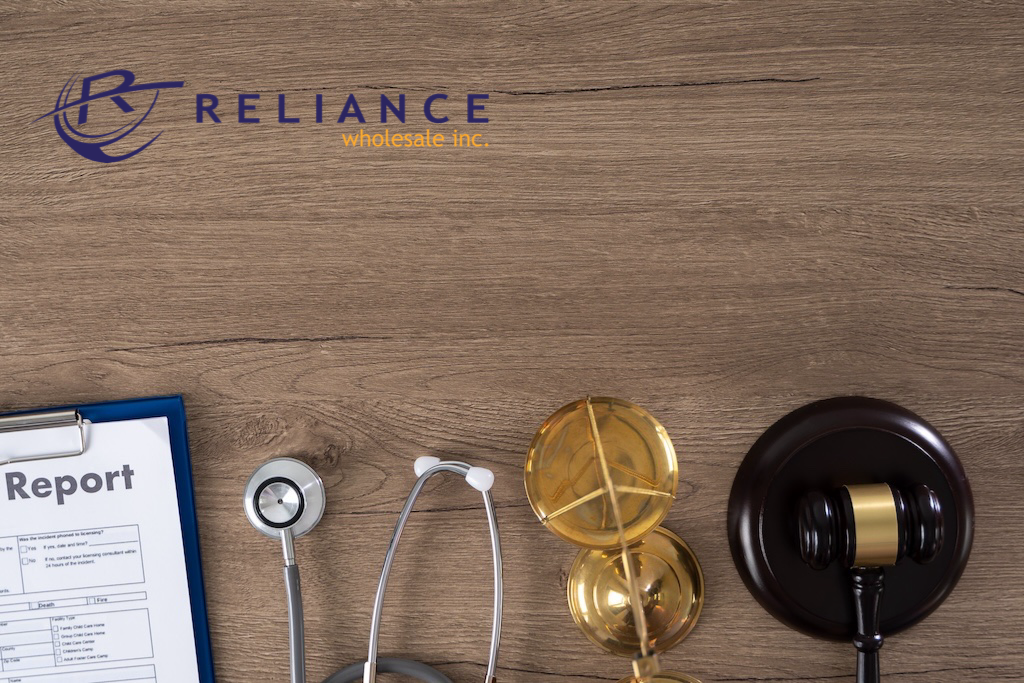
In our industry, regulatory compliance in pharmaceutical wholesaling is crucial for safeguarding public health and maintaining product quality. This practice involves the distribution of medications to various healthcare facilities, including hospitals, pharmacies, and clinics. Given the critical role that wholesale distributors play in the healthcare supply chain, adherence to stringent regulatory guidelines is imperative. This article explores the importance of regulatory compliance in pharmaceutical wholesaling, the challenges faced, and key regulations governing the industry.
The Importance of Regulatory Compliance
Pharmaceutical products are subject to rigorous oversight due to the potential consequences of substandard, counterfeit, or adulterated medications reaching patients. Regulatory compliance ensures that:
- Product Quality and Safety: Wholesale distributors play a pivotal role in maintaining the quality and safety of pharmaceuticals by preventing the introduction of counterfeit or compromised products into the supply chain.
- Supply Chain Integrity: Compliance measures, such as maintaining accurate records and tracking shipments, help prevent diversion and ensure that medications reach their intended destinations.
- Trust and Transparency: Strict adherence to regulations fosters trust between manufacturers, distributors, and healthcare providers, while promoting transparency throughout the supply chain.
- Market Access and Avoiding Penalties: Non-compliance can lead to fines, loss of licenses, and reputational damage. Meeting regulatory requirements ensures continued market access and protects businesses from costly penalties.
Key Regulations
- Good Distribution Practice (GDP): GDP guidelines define standards for proper handling, storage, and distribution of pharmaceuticals. Wholesalers must follow GDP principles to prevent contamination, ensure proper storage conditions, and accurately document all activities.
- Drug Supply Chain Security Act (DSCSA): In the United States, the DSCSA requires tracing and verification of prescription drugs through the supply chain to prevent counterfeit or harmful products from reaching patients. Wholesalers must maintain detailed transaction records and verify trading partners.
- Falsified Medicines Directive (FMD): In the European Union, the FMD mandates serialization and verification of pharmaceutical products to prevent falsified medicines from entering the supply chain. Wholesalers must scan product barcodes and confirm authenticity before distribution.
- Health Authority Licensing: Wholesalers often require specific licenses to operate, granted by national or regional health authorities. These licenses are renewed periodically based on compliance assessments.
- Environmental and Safety Regulations: Compliance with environmental, health, and safety standards, such as proper disposal of expired medications and safe handling of hazardous materials, is essential
Environmental and Safety Regulations
Compliance with environmental, health, and safety standards, such as proper disposal of expired medications and safe handling of hazardous materials, is essential.
Challenges to Compliance
- Complex Supply Chains: Global supply chains complicate traceability and quality assurance, making it difficult to verify the source of all products.
- Technological Limitations: Legacy systems or inadequate IT infrastructure can hinder efficient data collection and tracking needed for regulatory reporting.
- Counterfeiting and Diversion: Criminal networks continually attempt to introduce counterfeit or diverted products into the legitimate supply chain.
- Evolving Regulations: Frequent updates to regulatory frameworks require wholesalers to stay informed and continuously adjust their compliance strategies.
Strategies for Maintaining Compliance
- Implement Robust Tracking Systems: Invest in technologies like blockchain and RFID to improve traceability and data integrity.
- Continuous Training: Ensure employees are well-versed in regulatory requirements through regular training and certification programs.
- Compliance Audits: Conduct internal audits to identify areas of non-compliance and take corrective measures proactively.
- Collaborate with Stakeholders: Foster partnerships with manufacturers, healthcare providers, and regulatory bodies to share information and develop best practices.
- Adapt to Regulatory Changes: Monitor emerging regulations and adjust policies and procedures accordingly to remain compliant.
Regulatory compliance is vital for protecting patients and maintaining the integrity of the healthcare supply chain. Adherence to regulatory standards ensures that medications reach patients safely and effectively while minimizing the risk of counterfeit or substandard products. By investing in technology, employee training, and cross-industry collaboration, wholesalers can strengthen their compliance frameworks and adapt to an ever-evolving regulatory landscape. Ultimately, the proactive management of compliance risks plays an integral role at Reliance Wholesale for delivering quality healthcare services and ensuring business continuity.


